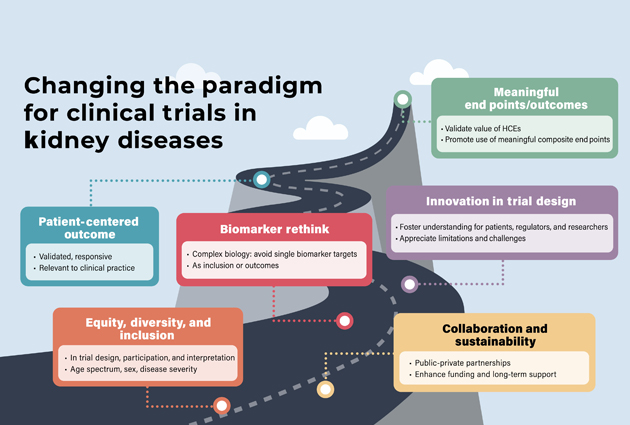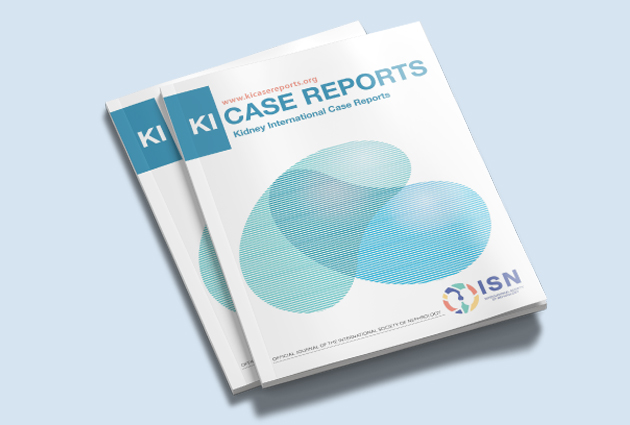ISN Constituency Statement – Strengthening WHO preparedness for and response to health emergencies – at WHA76
76th World Health Assembly
Honourable Chair, Distinguished Delegates,
Noncommunicable diseases, including cancer, chronic respiratory disease, mental health conditions, vision loss, and especially circulatory diseases, increase the vulnerability of populations to pandemics. An estimated 60-90% of mortality in COVID-19 cases is attributable to one or more comorbidities. The case-fatality ratio remains 10-30% among dialysis patients; moreover, data shows a rise in the risk of CVD, heart attack, stroke, and kidney disease after SARS-CoV-2 infection. Interruptions in access to care have also proven a huge burden across the NCD spectrum, creating backlogs for preventive care and treatments such as cataract surgery and refractive error services. The harm caused by NCDs risk factors, such as alcohol and tobacco, also burdens health systems and undermines health emergency preparedness and response.
Due to the indisputable link between NCDs and public health emergencies, people living with NCDs must be explicitly identified as vulnerable populations at high risk in all conversations and outputs related to pandemic prevention, preparedness, and response (PPPR). NCDs and their major risk factors must remain a priority in relevant accords at the national, regional, and global levels.
We ask Member States to:
- Increase domestic mobilisation and allocation of resources to address NCD and especially CVD risk factors by accelerating implementation of the NCDs Best Buys, i.e., through taxation of unhealthy commodities;
- Ensure access to essential health services across the continuum of care in emergencies, particularly for those at high risk and in vulnerable situations, such as people living with NCDs and in low-resource settings. This continuum of care must include circulatory, eye, and oral health care across promotion, prevention, screening, diagnosis, treatment, rehabilitation and palliative care, with a strong focus on primary health care and safeguarding the health workforce; and
- Strengthen the NCD component of PPPR efforts by explicitly endorsing the above in a WHO convention, agreement, or international instrument.
Finally, progressive realisation of UHC, including investment in NCD prevention and care in country UHC health benefit packages, is vital to ensuring healthy populations and resilience in the face of future pandemic threats.
Thank you.









